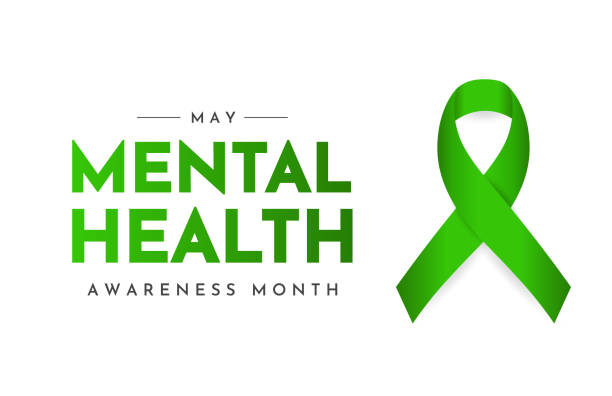How You Can Support Someone in Addiction
As Mental Health Awareness Month comes to a close, it is important to understand how you can support your loved one that is battling addiction. Watching a person that you care for struggle to overcome their addiction can be overwhelming and scary. Many times, people do not know how to spot a substance use problem or how to get their loved one the help that they need. Centered Recovery Programs aims to increase Mental Health Awareness in Atlanta by providing information about the signs of substance abuse, how to openly talk about these issues, and lessen the stigma around addiction. Although helping your loved one can be the primary focus, we also want to provide some helpful tips to take care of your own emotional well-being while you assist your loved one to get the care they deserve.
Recognizing Substance Abuse
Substance abuse can impact all people from all different types of backgrounds and can vary from person and person. There can be many signs that show your loved one is struggling to overcome their addiction, and the most important part of helping them improve their life is to offer your love and support. There are a couple ways to identify if your loved one’s substance use is becoming worrisome or impacting their life in a negative way.
- Self-medicating: Many people will use substances to cope with physical or emotional pain. You may notice that your loved one is taking substances to manage physical pain or to mask emotional pain.
- Problems at work, school, or home: Your loved one may have difficulty in attendance or completion of tasks at work or school. They may also have trouble maintaining duties at home. There can also be loss of jobs due to substance use or strains in relationships.
- Withdrawal symptoms: Often, people who abuse substances may experience withdrawal symptoms if they go too long without using their substance. Depending on the substance, they may have negative physical symptoms such as shaking, sweating, or tiredness. Emotional symptoms may include anxiety, depression, or agitated moods.
- Financial difficulty: It is common that individuals struggling with substance abuse may have problems financially. Your loved one may ask to borrow money, seek out loans or credit, or may take things of value that do not belong to them to be able to finance their addiction.
Removing the Stigma
Substance abuse impacts people of all walks of life, yet it can still be difficult to remove the stigma around addiction. Far too often, people may avoid asking for help due to the stigma that surrounds addiction. Although it is recognized that addiction is a disease, many people do not have a clear understand of how addiction impacts the brain or how to talk about addiction in a healthy way. It is important that to break the stigma, we must collectively talk about addiction without judgment or jumping to conclusions. The most constructive way to understand how addiction is impacting your loved one is to ask them about their struggles, use appropriate words, and show support and patience. Let’s talk about how words matter when talking to your loved one.
How to Talk about Substance Use – Words Matter!
Using non-judgmental language when talking about addiction with your loved is incredibly important to help reduce stigma. When language is used that implies that the problem is due to the person rather than the disease, it can have negative impacts on the person feeling safe to be open and accept help. Here are some alternative words and phrases to use when discussing addiction:
- Instead of “addict/user” , Try “person with a substance use disorder”
- Instead of “junkie/drunk”, Try “person in active use”
- Instead of “former addict”, Try “person in recovery”
These types of phrases help to detach the problem from the person and allow a more mindful, non-judgmental approach. Ultimately, speaking with compassion and empathy for the person that is struggling is crucial to breaking down barriers and allowing them to be honest about their situation.
Taking Care of You
As you learn more about your loved one’s struggle with addiction and increasing your own Mental Health Awareness, it will be just important to practice self-care. It can be exhausting with worrying about your loved one and how to move forward in helping them, but it starts with you. Taking the time to put your own mental and physical well-being first is critical. When you are feeling stressed about your loved one or unsure what to do next, try going for a walk or cooking your favorite meal. Other people may enjoy journaling to release their thoughts and worries or meditate for some inner peace. Whatever self-care looks like for you, making the time to prioritize your health is just as important.
If you or your loved one is interested in learning more about our non-12 step, mindfulness-based approach at Centered Recovery Programs, please contact us today at 800.556.2966.
Written by Jennifer Lopes, BS Psy






